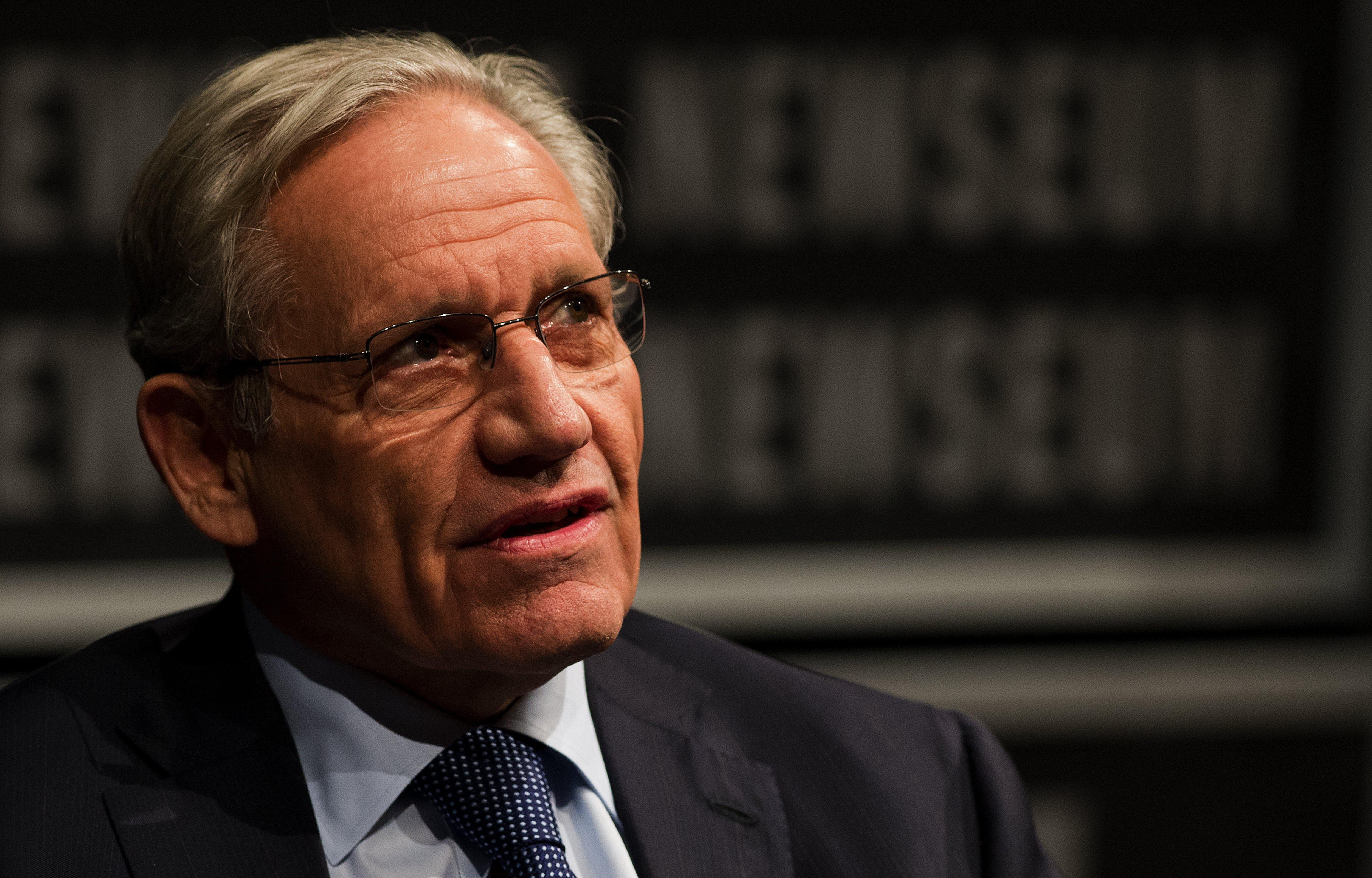Politico’s Mackenzie Weinger is out with an unusually lazy story about a truly unsurprising—and by now, old—phenomenon. “Bob Woodward,” she reports, “has given Republicans and conservatives major talking points to cast the looming cuts as Obama’s responsibility alone.” Yep. It’s been happening since late last year, when his book came out. Woodward did catch Obama in the lie that the sequester was “an idea that came from the Congress.” Other reporters have pointed this out.
The gripe is that Woodward’s new op-ed claims that the administration is “moving the goalposts” by asking for revenue in a sequestration, when it has always asked for this. Weinger manages to write an entire piece without mentioning this. We just learn that Sean Hannity, Greta Van Susteren, the Media Research Center, Jim Pinkerton, and someone from Glenn Beck’s website really respect Woodward now, for (this is Hannity) “doing the job, frankly, that few journalists are willing to do.” And we’re told that only the White House disputes Woodward’s new theory.
The pushback against Woodward from the White House has been forceful, with press secretary Jay Carney tweeting that “super Committee’s mandate was not to replace sequester w/spending cuts alone. To suggest otherwise is willfully wrong.” The White House also released a two-page memo challenging Woodward’s account, stating “that the president today is seeking a balanced plan to replace it with revenues and entitlement reforms cannot in even the slightest way be considered a change of policy, a change of expectations, or moving the goalposts.”
Left unmentioned: Few reporters who covered the debt limit fight are running with the Woodward story because his idea—that revenues as part of a sequestration fix would be contrary to the deal that was made—is simply blinkered. They see a forest where he sees one lying tree. Because Woodward has a sterling reputation and is usually right, the starting assumption of this piece is that he’s speaking the truth and people don’t like it. Ninety-nine percent of the time, that’s going to be true. But the author of All the President’s Men is also the co-author of Dan Quayle: The Man Who Would Be President.
Correction, February 26, 2013: This post originally misspelled Mackenzie Weinger’s last name.
